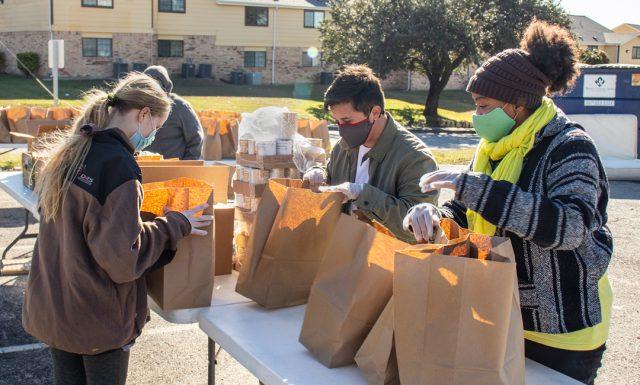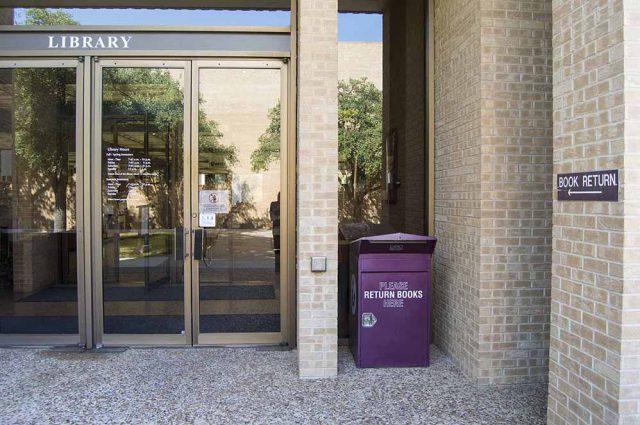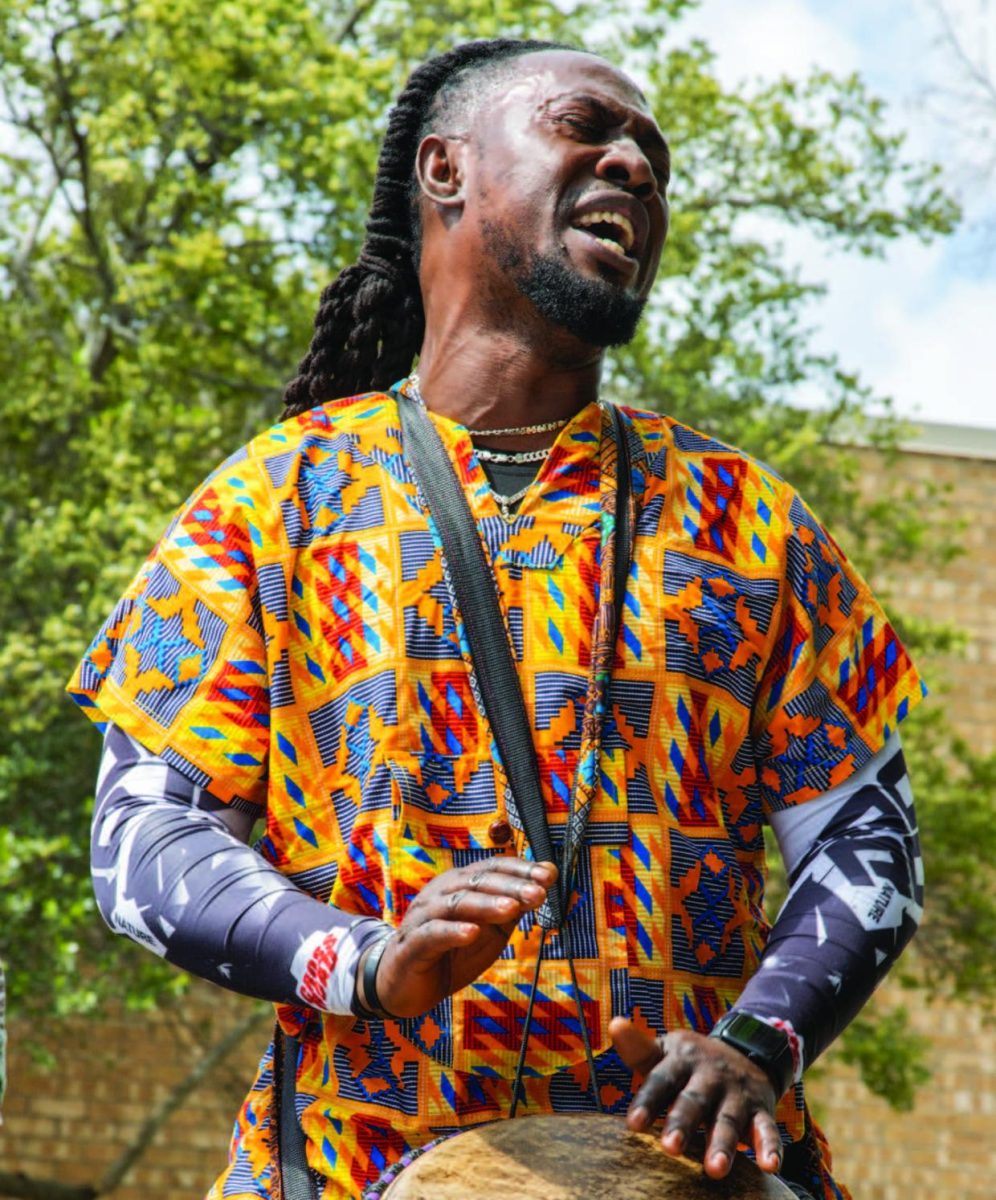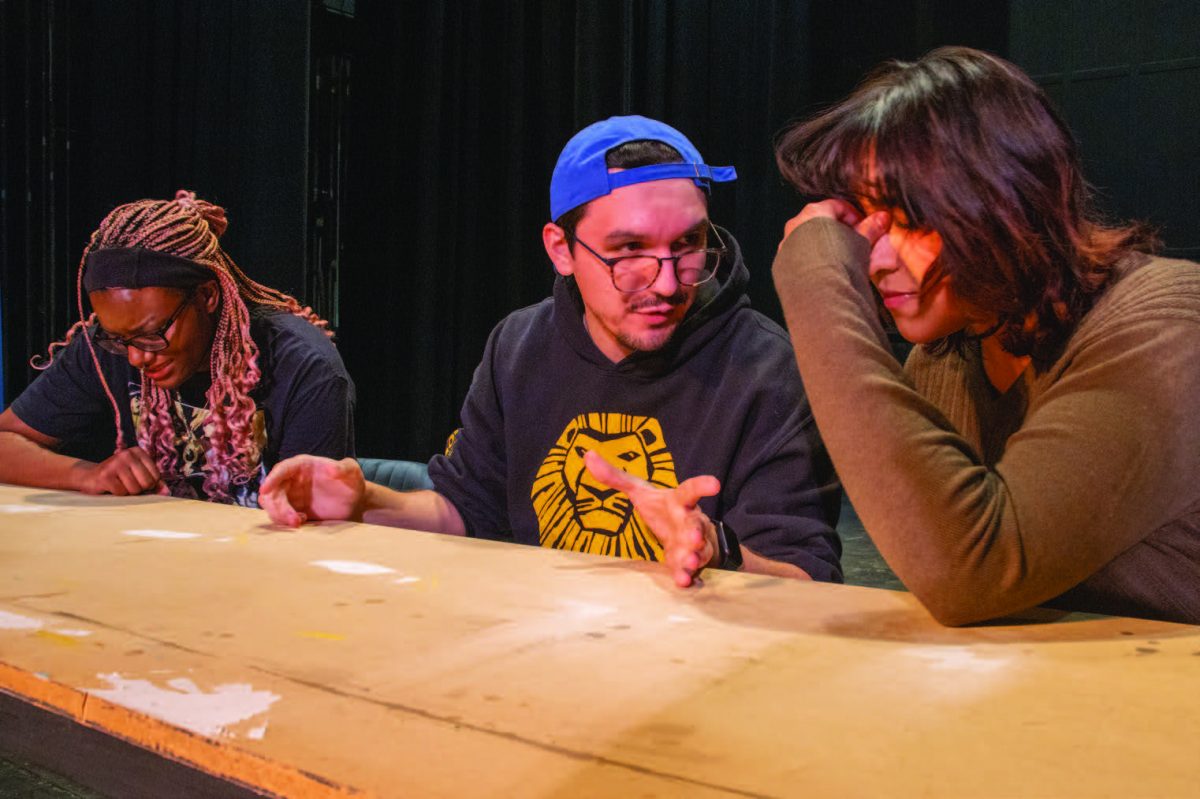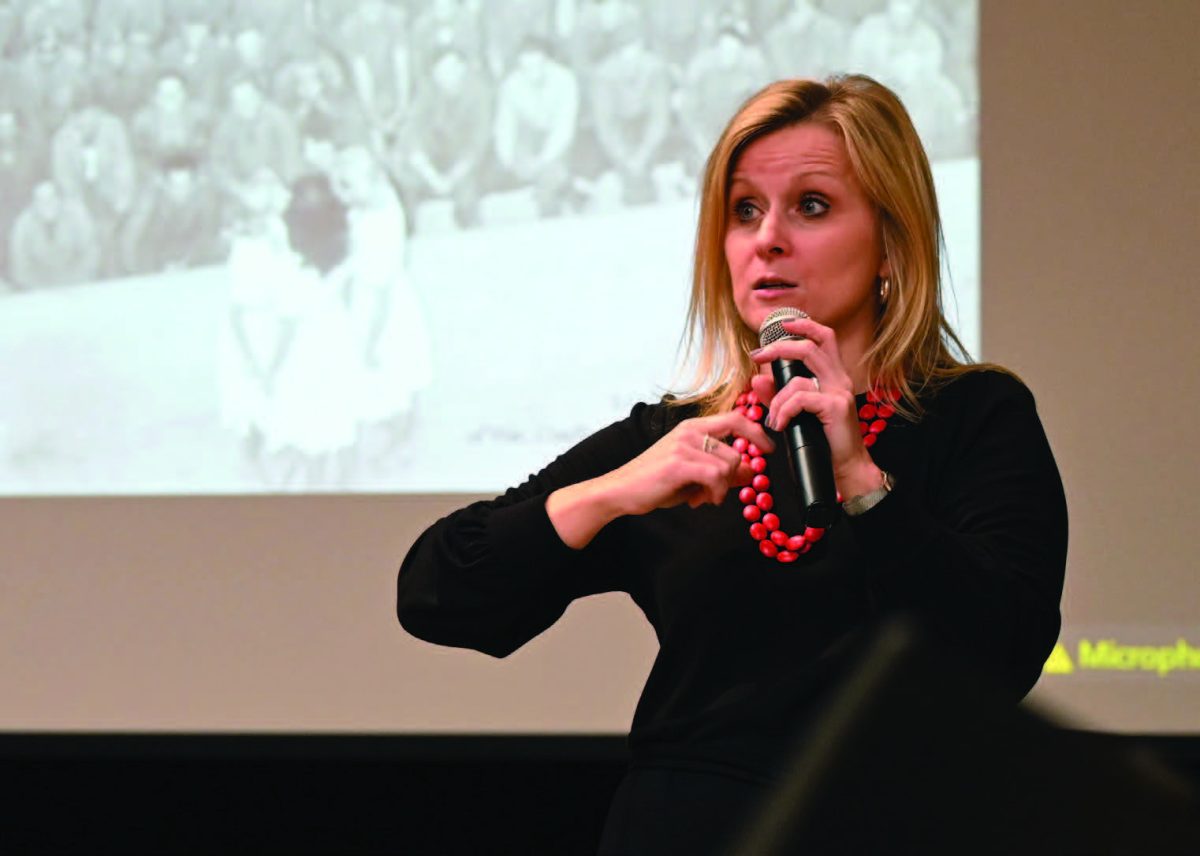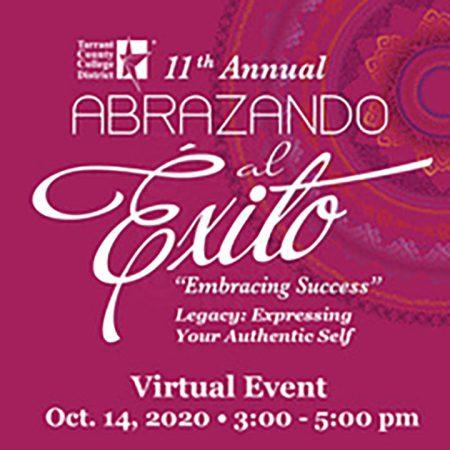
Azul Sordo
reporter
Our past is equally as important as our future, speakers told students Oct. 14.
Florencio U. Aranda III, doctor of philosophy and student affairs professional at South Dakota State University, shared his experience to TCC students as a first-generation college student in his presentation: “Cuevas, Consejos, Congreso, y Colegio: Navigating Educational, Political, and Cultural Arenas.”
He was followed by Texas Christian University associate professor and historian Max Kromchal, who spoke on the history and cultural significance of the Chicano movement in his presentation “The Chicano Movement in Brief.”
The speeches took place as part of TCC’s 11th annual Abrazando al Exito event, a celebration of Latino students and their successes. The event was held virtually for the very first time.
Aranda, who was born in Presidio, Texas, to a Mexican-American family, asked TCC students what they can bring to the table.
“My journey can be seen in the journey of others— of other Latinos and historically marginalized and underrepresented populations,” Aranda said. “That’s what I bring. I bring my narrative, my testimonial.”
Aranda said it was his role as a congressional intern in Washington D.C., where he worked alongside U.S. Rep Pete P. Gallego, that solidified his desire to help other Latinos through intertwining educational, political and cultural arenas.
He would achieve five postsecondary degrees, serving as director of legislative affairs and the social justice chair for the National Association of Graduate Professional Students.
Financial assistance, Aranda said, is the most important factor of a student’s success.
“A student can be absolutely brilliant, a student can have the determination, but if the funding is not there, then their opportunity completely gets diminished,” Aranda said.
Aranda now provides students with financial assistance and mentorship opportunities — he has five recipients of the Dr. Florencio Aranda scholarship, among other financial awards he offers to driven students.
Aranda urges students to continue their education, seek elected office, increase Latino representation, share their narrative and empower others to do the same.
“When you bring yourself to the table, everyone wins,” Aranda said.
Kromchal recounted the tumultuous history of the Chicano movement and its ongoing legacy as a generation-defining social and political philosophy, highlighting important figures such as poet, activist, and organizer Rudolfo “Corky” Gonzales.
“It was really about ordinary people, men and women, who carried the struggle forward and who really truly won these changes in our society,” Krochmal said.
Women were an integral, but largely overlooked part of the Chicano movement, Krochmal said.
“Reality was, women were at the heart of the Chicano movement,” he said. “They had a rich debate among Chicanas about who they should fight—whether it should be the macho or the gabacho.”
He said the Chicano movement created lasting and tangible legacies.. He cites organizations such as the National Council of La Raza (now Unidos U.S.) and the Southwest Voter Registration Education Project, which protect and enhance Latino representation.
“The Chicano movement put Latinos on the map,” Krochmal said. “Looking back today, it’s hard to even remember what life must have looked like before.”
Krochmal wanted to create a better world, but in order to do that he needed his education.
“Now I have the opportunity to help educate others,” he said.


















